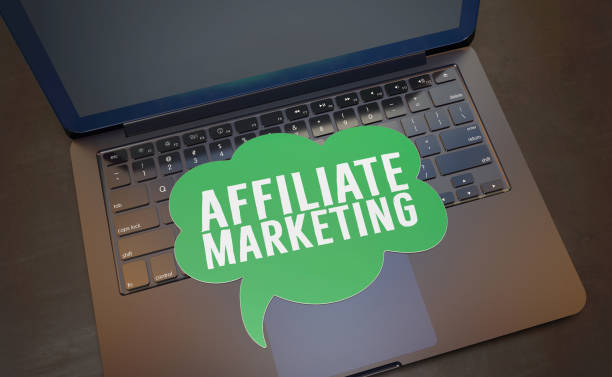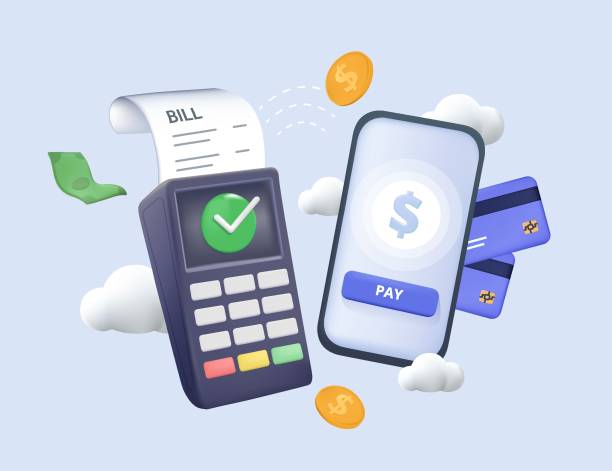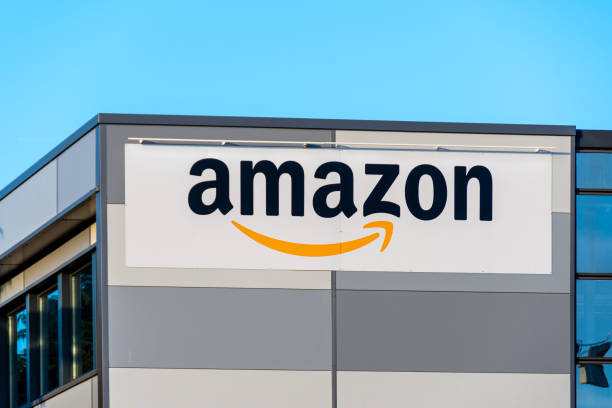
Are you looking to create your own brand? Amazon FBA Private Label allows entrepreneurs to start and develop a brand from scratch.
Selling branded items can be an easy way to make sales, but owning a brand has many benefits that are exclusive to brand owners. By creating your own brand and using Amazon FBA Private Label, you can enjoy advantages such as having control over your brand and higher profit margins.
That said, in this article, ARD will walk you through the world of creating and selling private label products through Amazon FBA, why you should dip your toes into it, and provide tips on how to find a trustworthy manufacturer.
Let’s begin!
What Is Amazon FBA Private Label?
Private labeling is an old but proven business model used not only by small businesses but by large retailers as well. The process is simple: the seller procures generic products, rebrands them with his label and logo, and sells them under his brand.
The same goes with Amazon FBA Private Label—only it is exclusive to Amazon sellers who participate in the program. Through FBA, sellers can streamline logistics and focus on product development, branding, and marketing instead. Such a business model enables Amazon sellers to create and expand a unique product line, which can potentially lead to higher profits.
Reasons You Should Try Amazon FBA Private Label
Selling private label products can be a strategic move for several reasons:
Create a Brand Identity

Private label allows aspiring entrepreneurs like you to build a brand identity that can set you your products apart from competitors. It also gives you the freedom to customize your products based on your target audience’s needs and preferences.
Most importantly, it is yours! With private labeling, your company owns the brand and has control over marketing, growth, and pricing.
Higher Profit Margin
Selling private label products can result in a higher profit margin compared to reselling branded products. It is because private label items are purchased directly from the manufacturer or supplier, which is typically less expensive than buying from a distributor or middleman.
In contrast, branded items have a marked-up price and may leave you with a smaller profit margin as a reseller.
Out of the Buy Box Competition
Selling private label products exempt you from competing over Amazon’s Featured Offer. Featured Offer, formerly called Buy Box, is a window placed at the top of a product page’s, above the Buy Now button. It is an automated feature that lifts and shows products to help customers find what items they need.
The Featured Offer comes with a Buy Now and Add to Cart buttons. If the customer chooses to buy the item, they can simply click either of the two buttons.
The problem is that a specific item often has multiple resellers. With private labels, however, you have no competition over the Featured Offer and the sale will certainly goes to you.
How to Find Manufacturers?
Finding reliable manufacturers for your private-label products involves several steps. Here are a few tips on how to find one:
- Conduct research. To effectively conduct research, you need to define your needs first. List down your desired product specifications and requirements, for example. Then, using online trade directories, industry associations, and forums such as ThomasNet and Alibaba, find any potential manufacturers.
- Assess the manufacturing company’s experience and credibility. Consider the manufacturer’s experience in your product category and their production capabilities. Ask for references and samples of their past work.
Keep in mind that before placing an order, ask for a sample product first. It will help you evaluate the quality and ensure it meets your expectations.
- Reach out and negotiate. Finally, reach out to potential manufacturers via phone, email, or personal visits to discuss your needs and their services. Once you have chosen a manufacturer that meets your criteria, lay out your terms and conditions.
Negotiate if you must.
The key to a successful private label partnership is finding a trustworthy manufacturer that can deliver quality products. Take the time to do thorough research and build a strong business relationship with your chosen manufacturer.
Conclusion
Selling private label products on Amazon presents a compelling opportunity for sellers to build a unique brand, control their product line, and maximize profit margins. It allows sellers to differentiate themselves in a crowded marketplace and create a loyal customer base.
While it does come with its own set of challenges, such as upfront investment and quality control, the potential rewards make it a strategy worth considering. As the e-commerce landscape continues to evolve, private label selling could be the key to staying competitive and achieving long-term success on Amazon.












